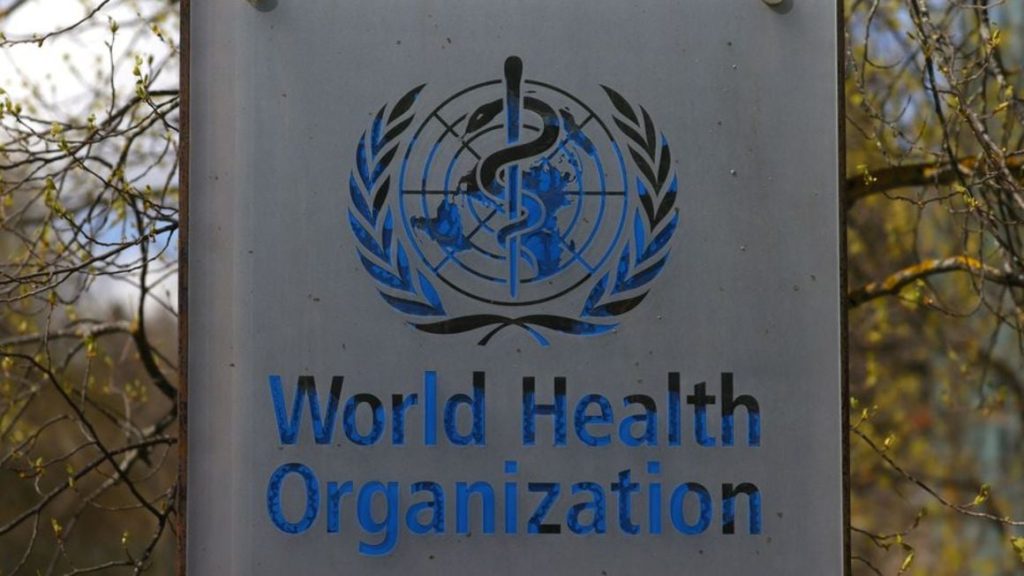After the Covid-19 pandemic and the emergence of Mpox, ongoing discussions at the United Nations General Assembly raise an important question: Are world leaders prepared to protect populations from the next global health crisis?
The global community faces a crucial challenge: translating the lessons learned from Covid-19 into actionable strategies, or risk repeating past mistakes. While some progress has been made in pandemic preparedness, experts warn that the world remains vulnerable to future outbreaks due to insufficient long-term planning and a lack of cohesive international collaboration.
Health experts and advocates are pushing for commitments to global cooperation, equitable vaccine distribution, and the establishment of global surveillance systems to detect emerging threats before they escalate. At a side event during the Assembly, the Pandemic Action Network highlighted a critical issue: global leaders lack the necessary long-term vision to shield people from current and future health crises.
According to the Network’s presentation, the world remains alarmingly unprepared, despite facing three public health emergencies in under five years. Aggrey Aluso, Director of the Pandemic Action Network for Africa, stressed the need for immediate action, saying, “Despite the global challenges that transcend borders, leaders seem to neglect the safety of their populations. We must be able to identify and prevent future epidemic and pandemic threats.”
Aluso noted that many African countries still struggle to upgrade healthcare systems and maintain adequate medical supplies, despite the lessons from Covid-19. He attributed these challenges to poor global coordination, inequitable vaccine distribution, and inadequate funding for research into emerging diseases. He emphasized that African countries are particularly vulnerable due to limited resources and infrastructure, which hinder their ability to respond effectively to health crises.
The Africa CDC reports that, since the start of the year, there have been over 5,700 confirmed cases of Mpox on the continent, with 724 deaths, including eight cases in Kenya. Aluso highlighted that while there is widespread awareness of the need for preparedness, many nations prioritize immediate political and economic concerns over long-term health security. This leaves the world in a precarious position with underfunded healthcare systems and fragmented pandemic prevention frameworks.
“The world faces interconnected threats, such as climate change and pandemics, which have worsened over time, disrupting economies, deepening inequalities, and reversing progress toward achieving Sustainable Development Goals (SDGs),” Aluso said. He warned that these threats pose significant risks to future generations and cannot be ignored.
Aluso further criticized the slow progress in key negotiations, such as the ongoing discussions for a pandemic agreement, which have been hampered by corporate and nationalistic interests. He called for a system driven by solidarity and equity, putting people before profits, and urged global leaders to expedite the negotiation process and ensure that a framework is established to prioritize public interest, accountability, and equitable access to resources.
Dr. Tedros Adhanom Ghebreyesus, Director-General of the World Health Organization (WHO), echoed this sentiment, stating, “The next pandemic is not a matter of if, but when.” He emphasized that gaps in preparedness, particularly in low-income nations, could lead to catastrophic outcomes.
Governments have made significant progress on the draft agreement to protect people from future pandemics, with the WHO’s 194 member states committing to maintaining momentum in negotiations. However, discussions will continue into the next round in November.
Dr. Tedros stressed the urgency, noting that future pandemics may arise from various sources, whether from a flu virus, another coronavirus, or an unknown pathogen. “All the ingredients are in place for countries to negotiate a generational pandemic agreement. The world needs hope, and you can provide that hope,” he said.
Precious Matsoso, Co-Chair from South Africa, shared that progress has been made in critical areas, including research and development, strengthening regulatory systems, and implementing One Health initiatives. These efforts aim to prevent pandemics through technological advancements, enhance supply chains, and establish systems for sharing vaccines, diagnostics, and treatments.
Matsoso emphasized that while each country will maintain sovereignty over its healthcare decisions, collaboration is essential to ensure global preparedness against future pandemics. “The heart of these negotiations is the understanding that working together will protect the world from future pandemics,” she said.




















